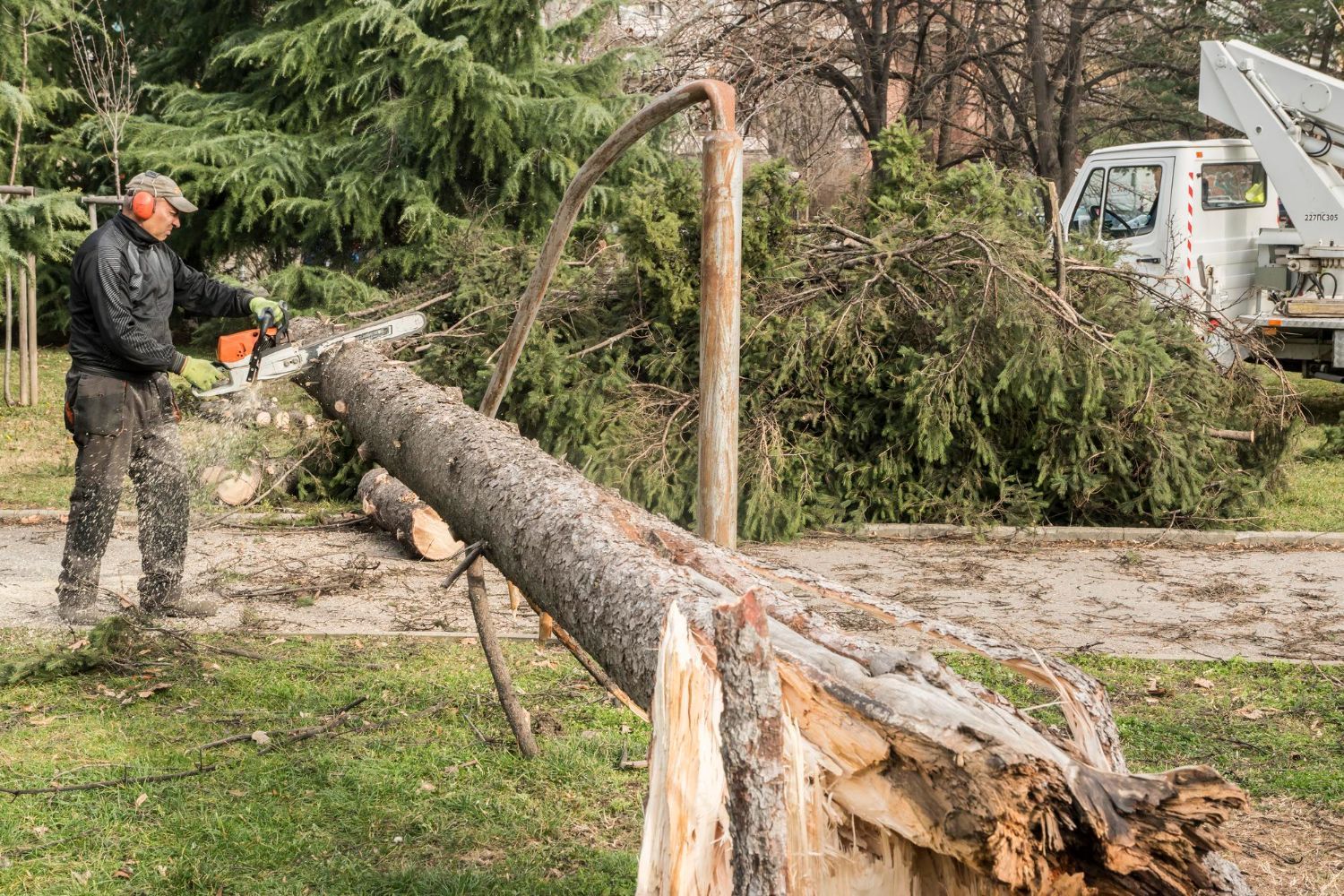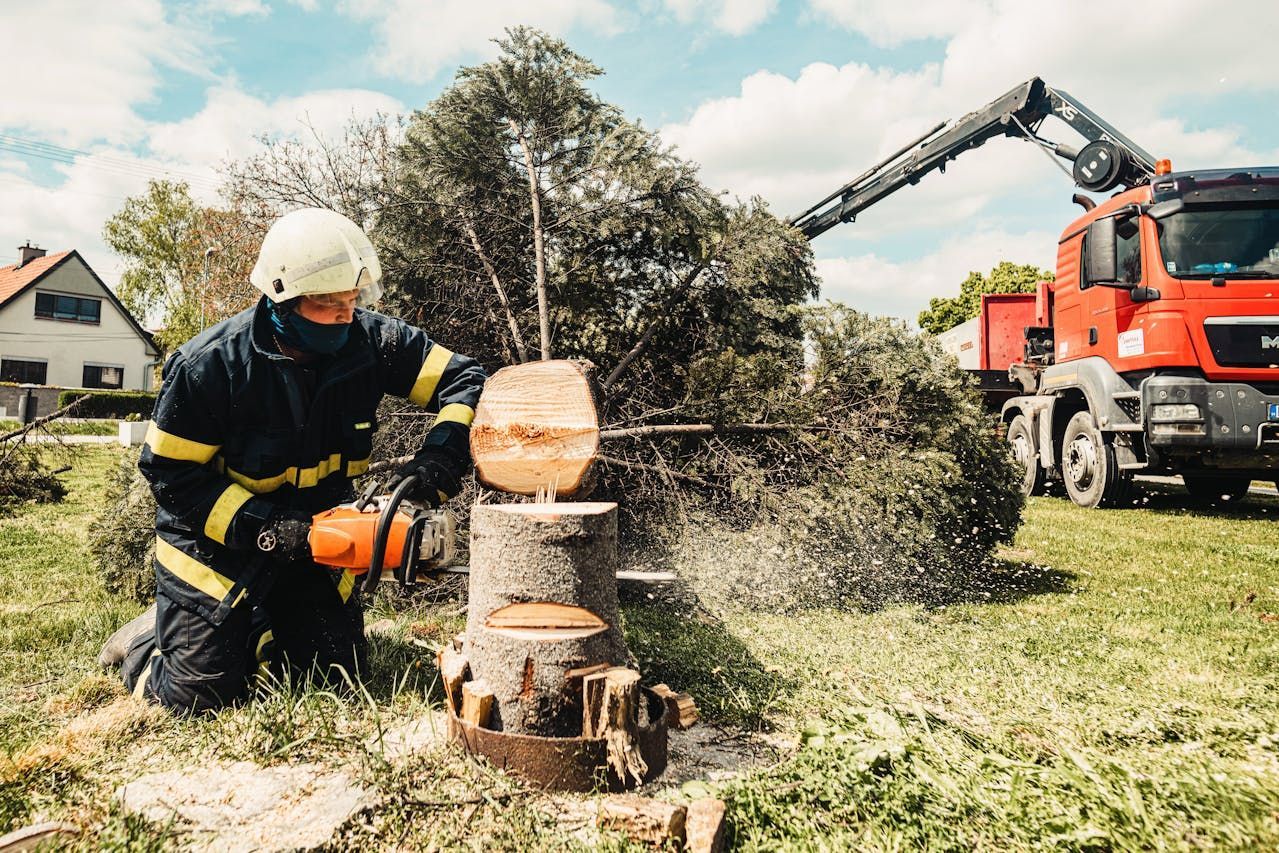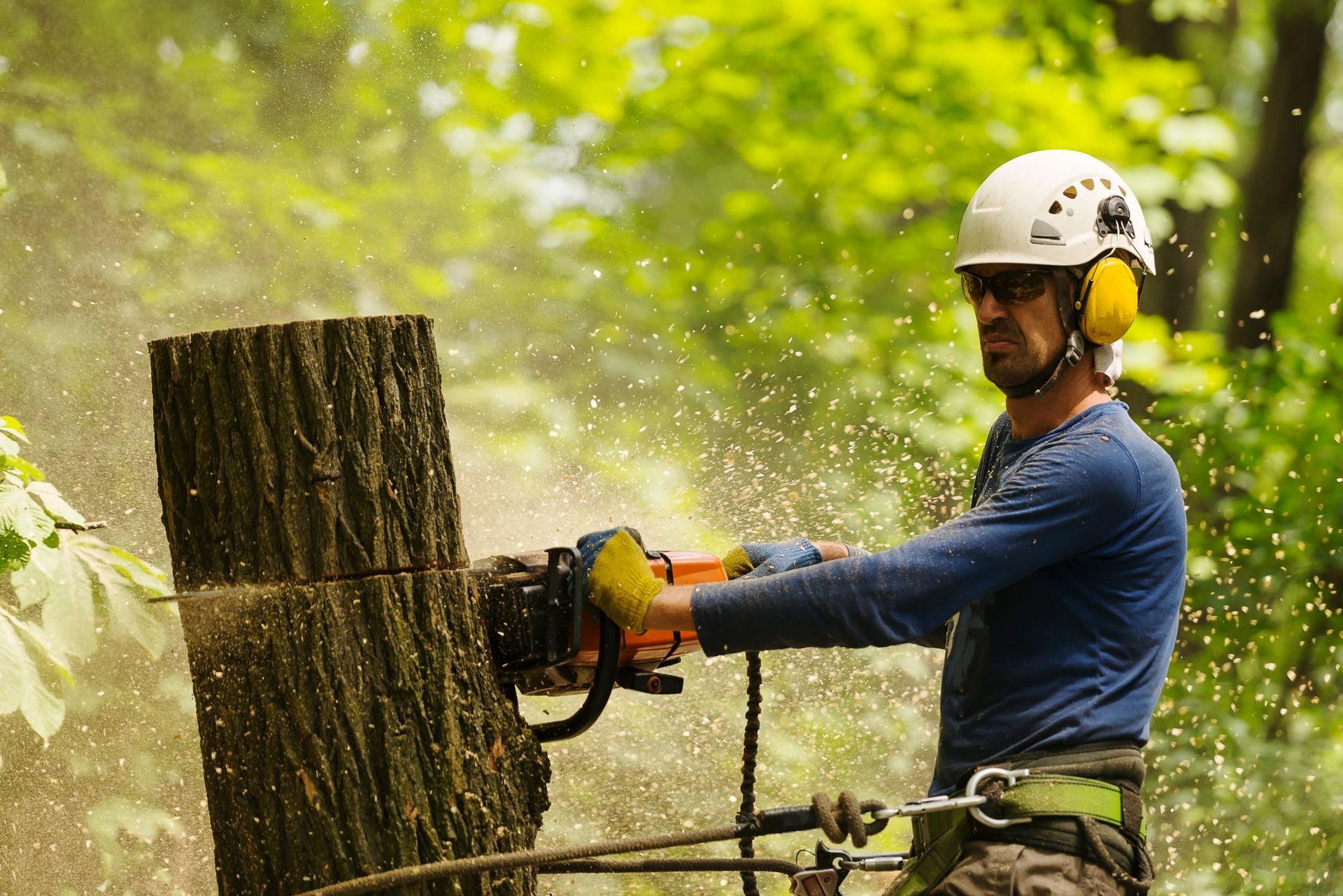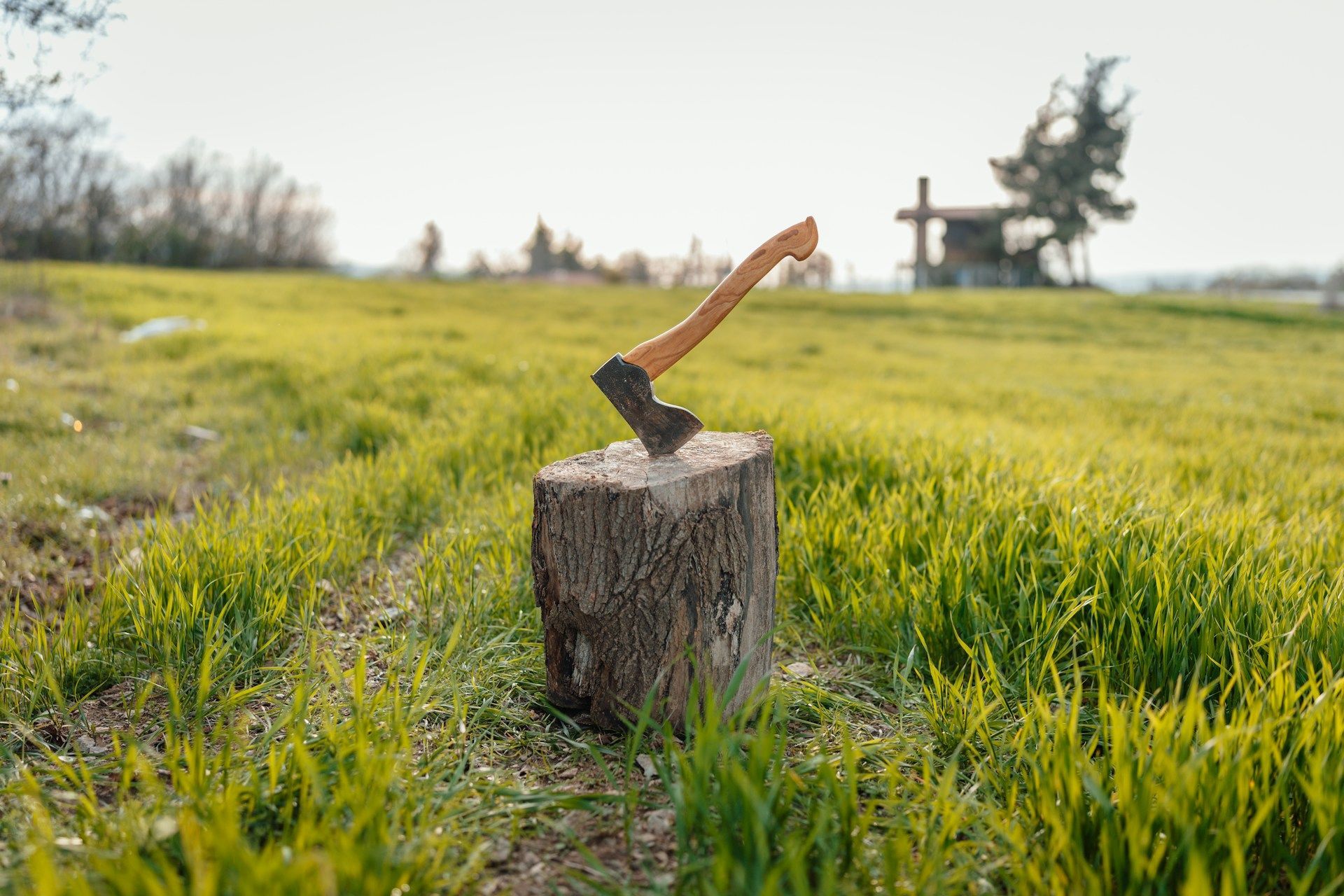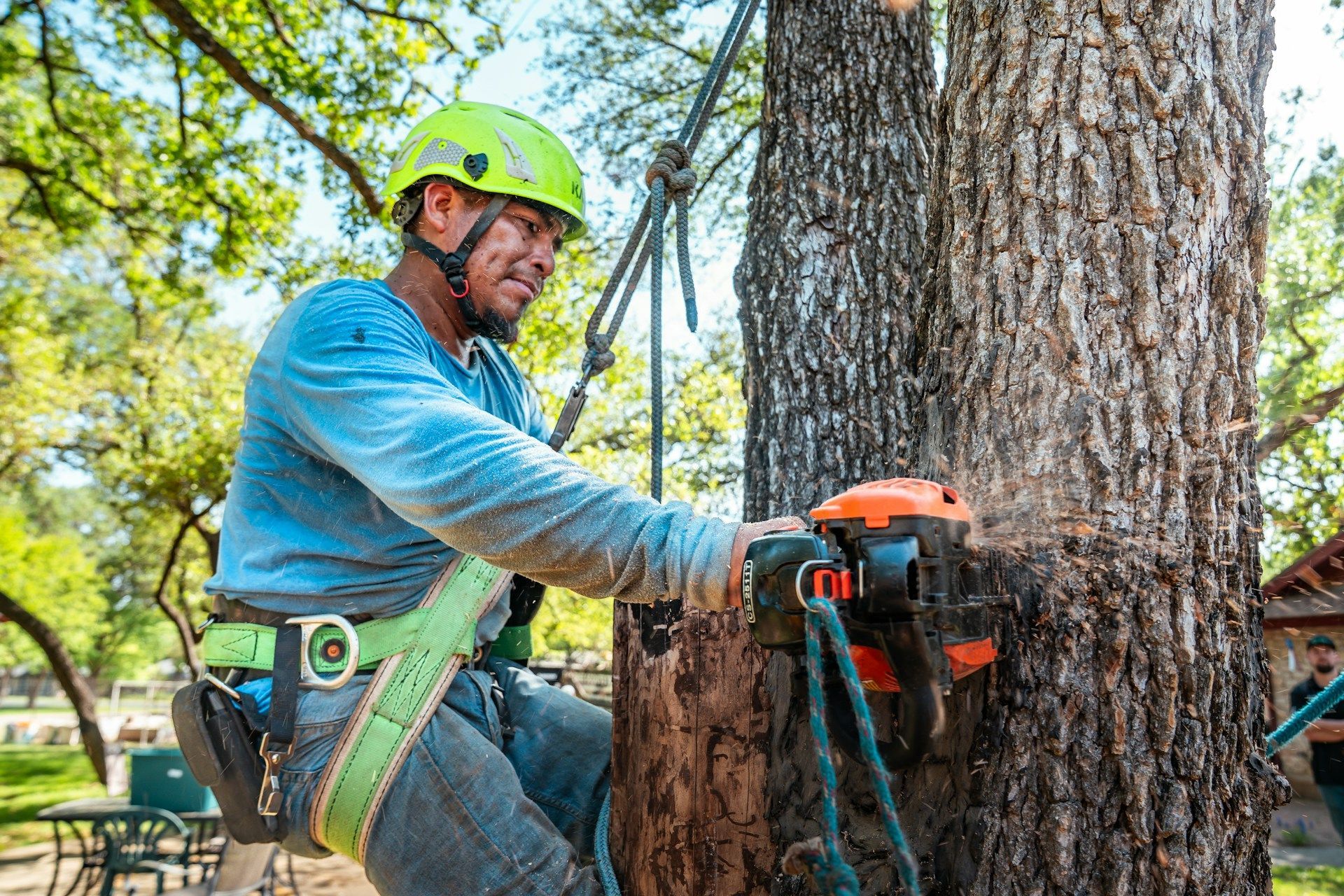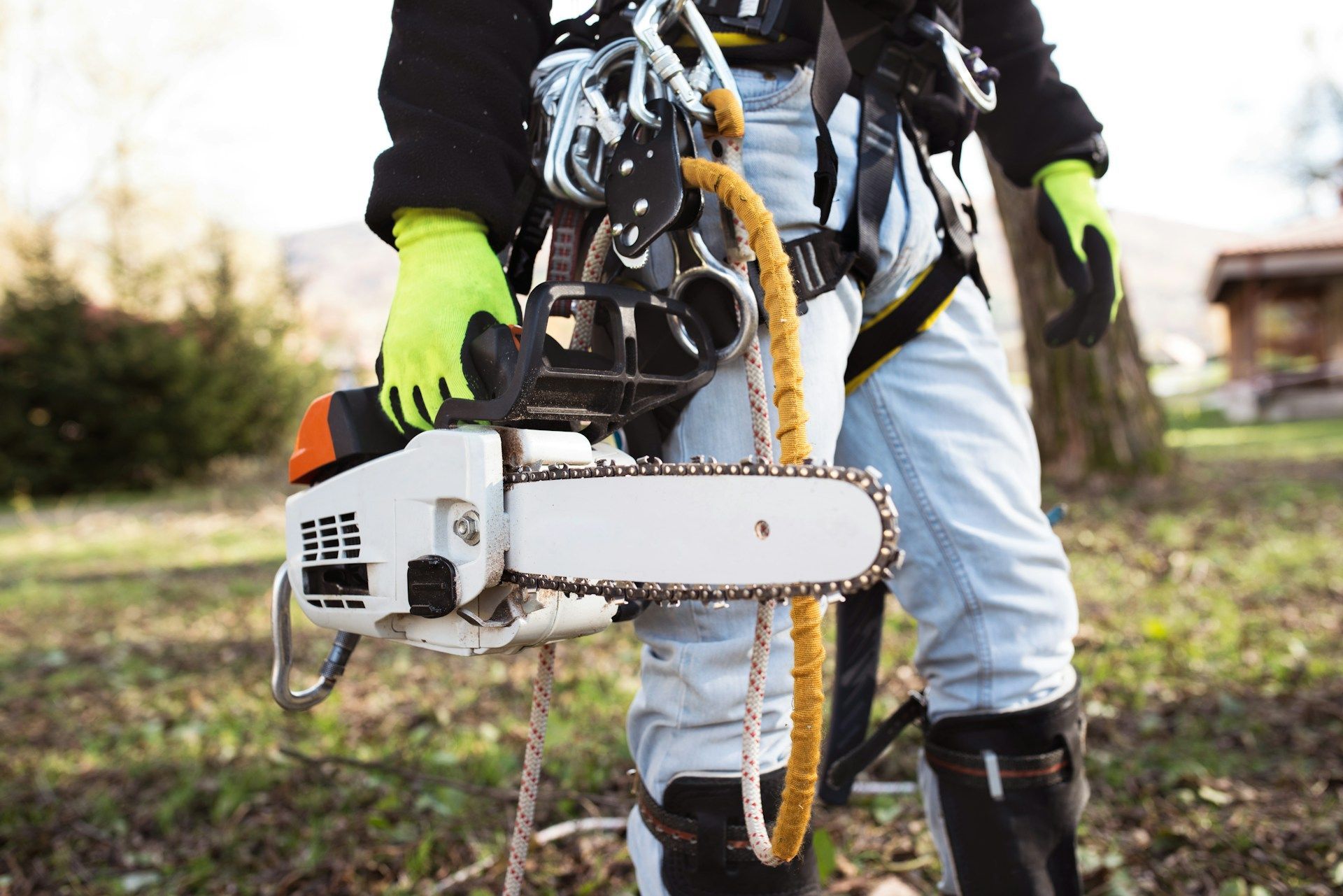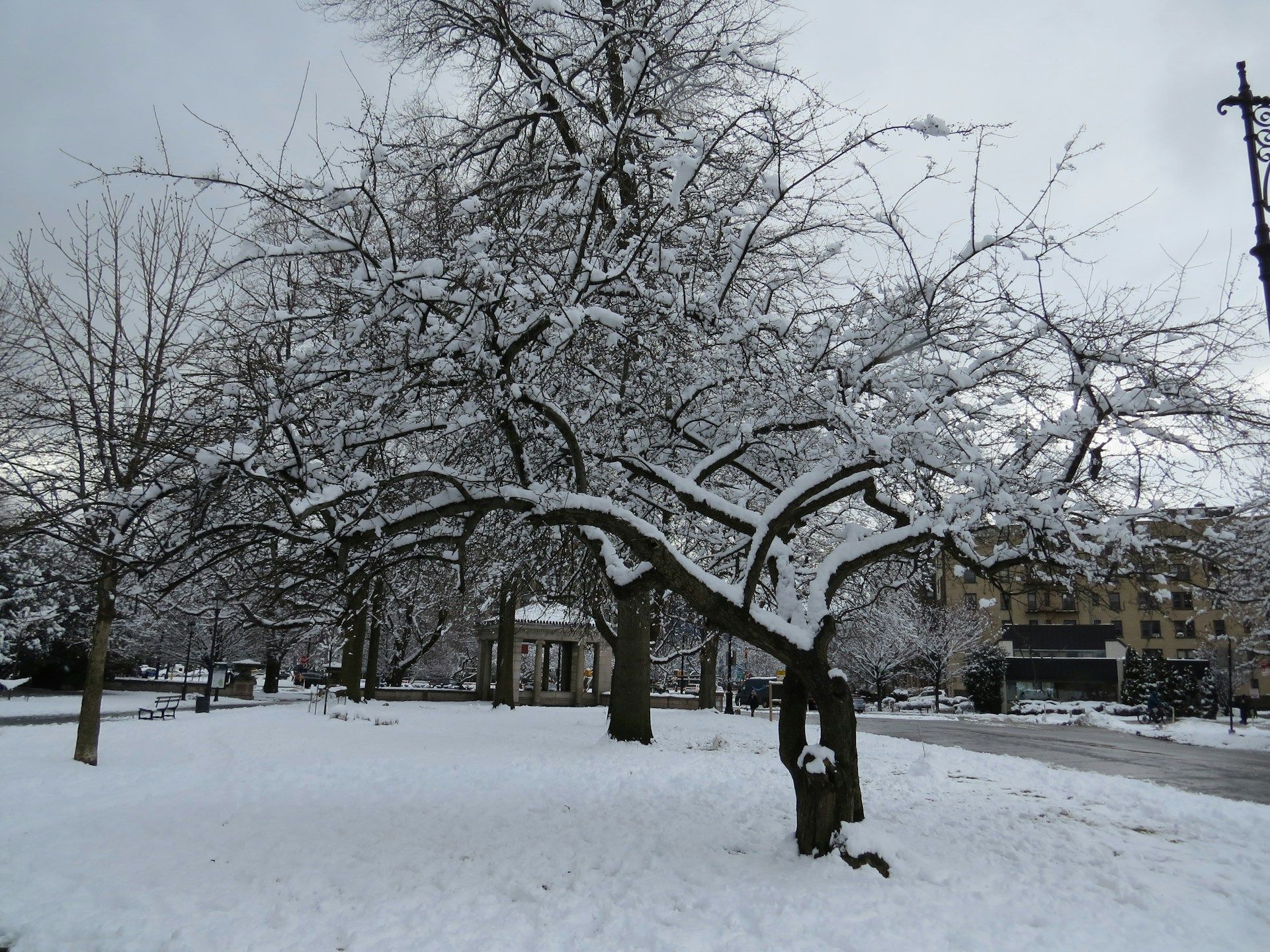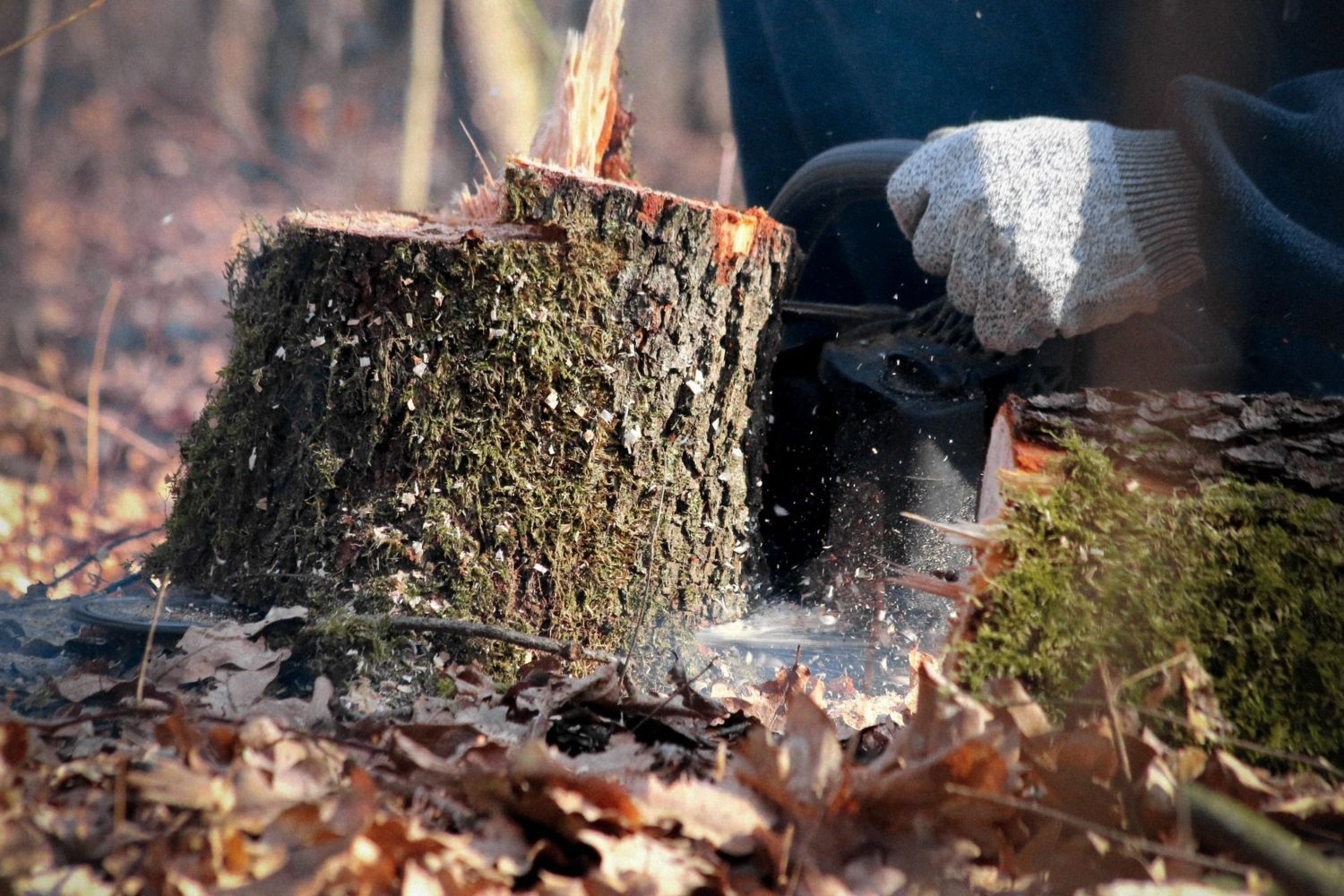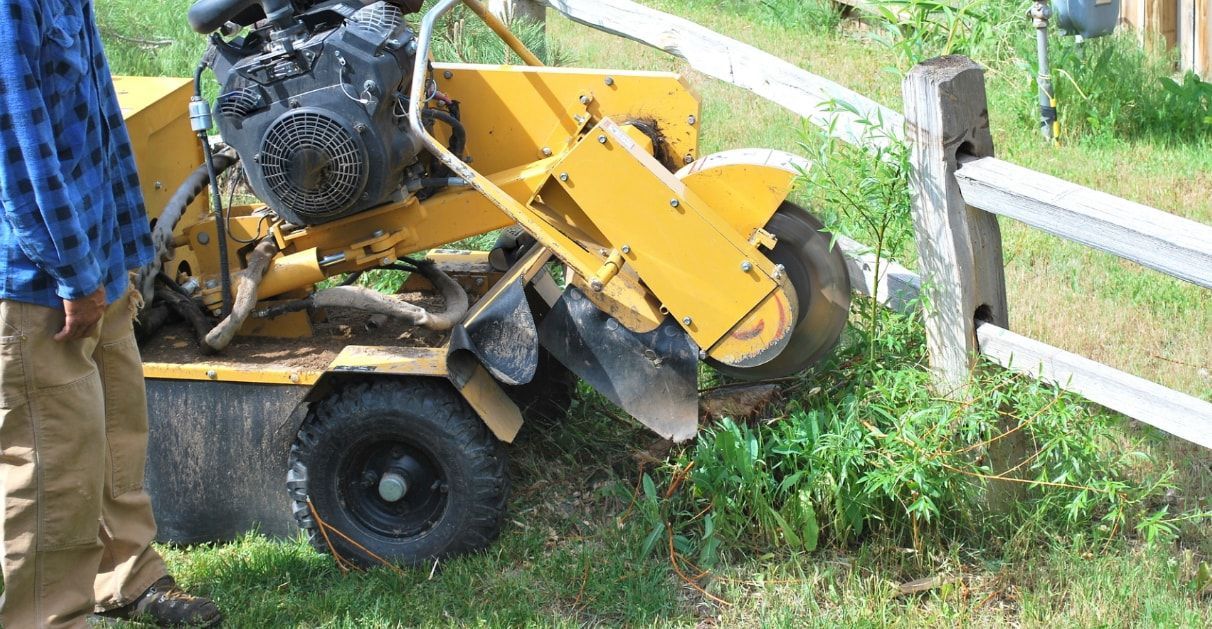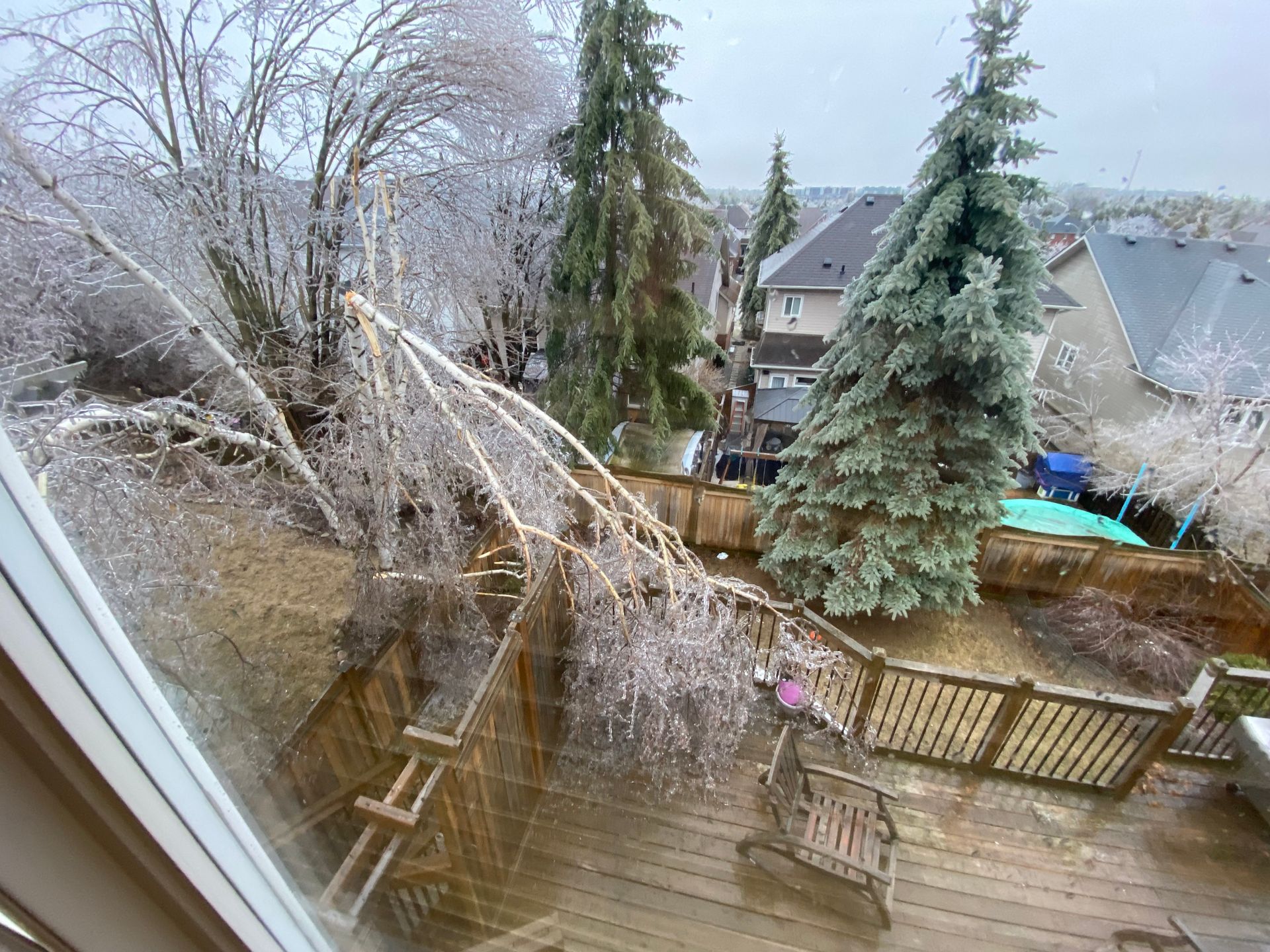How to Prevent Trees from Damaging Your Roof
Trees add beauty to any landscape, provide shade, and even offer a habitat for local wildlife. However, when left unchecked, trees can become more of a threat than an asset, especially when they start causing damage to your home. Overhanging branches and falling leaves may seem harmless, yet they can wreak havoc on your roof. Understanding how trees can affect your home's structure is the first step in preventing damage and costly repairs.
Neglected trees may scratch roof shingles, clog gutters with debris, and pose a risk of falling branches during storms. The thought of a tree limb crashing onto your roof during a windy night is enough to give anyone pause. Preventative care is key to avoiding such headaches, and enlisting professional help ensures that trees not only enhance your property's curb appeal but also remain well-behaved neighbors to your roof.
Understanding How Trees Can Damage Your Roof
The relationship between trees and rooftops is a complex one. While trees provide shade and a refuge for birds, unchecked growth can lead to significant roof damage. Overhanging branches are among the primary culprits. As they sway and rub against shingles, branches can remove protective granules and create cracks. These minor abrasions may seem trivial at first, but over time, they worsen, allowing water to seep in during heavy rain.
But that's not all. Fallen leaves and twigs can quickly accumulate, blocking gutters and downspouts. When gutters are clogged, rainwater may overflow and damage the fascia, siding, and even the foundation of your house. An example paints a clearer picture: imagine a tree left to its own devices, its branches extending over your home. During a storm, those branches snap and crash onto your roof, causing significant damage. Regular maintenance can prevent this scenario.
Here are some practical ways to mitigate these risks:
- Trim overhanging branches to keep them at least a few feet away from the roof.
- Clean gutters regularly to ensure that gutters and downspouts are clear of debris to allow rainwater to flow freely.
- Inspect trees frequently for signs of rot or disease that may weaken branches.
- Secure loose branches by reinforcing or removing any that could pose a threat during high winds.
Taking these steps can significantly reduce the likelihood of your trees causing damage to your roof. Seeking guidance from tree care professionals further ensures that your home remains safe from unwanted interruptions from above.
Regular Pruning and Trimming
Keeping your trees in check with regular pruning and trimming is crucial for protecting your roof. This maintenance practice not only beautifies your trees but also ensures their branches stay a safe distance from your home. The best times to prune vary depending on the tree type; however, late winter or early spring is often ideal because trees are dormant, and this minimizes stress.
Here's a simple guide to help:
- For deciduous trees, late winter is often best, before new growth starts.
- For evergreens, early spring or during their dormant season is recommended.
- For flowering trees, prune after they bloom to avoid cutting off future blossoms.
The tools you might need include pruning shears for smaller branches, loppers for medium branches, and a pruning saw for thick branches. Safety is key, so when branches are beyond your reach or close to power lines, consider hiring professionals. They have the expertise and equipment to manage larger, potentially dangerous tasks.
Tree Placement and Species Selection
Planning where you plant trees is as important as the type of tree you choose. Certain species grow larger with extensive root systems that can threaten your home's infrastructure. Large trees should be planted at a safe distance from your home to prevent potential issues.
When choosing trees for your yard, think about:
- Size at maturity to ensure there’s enough space for them to grow without interfering with your roof or foundation.
- Root spread, as some species have aggressive roots that can damage structures.
- Climate suitability, opting for trees that thrive in your regional climate to reduce the need for excessive care.
If existing trees near your home are proving problematic, you might need to consider relocating them. This is no small task and often requires professional input to ensure the tree’s health and your property’s safety.
Benefits of Tree and Stump Removal
There are times when removal is the best course of action. Dead or diseased trees, those leaning precariously over your home, or varieties with invasive roots should be considered for removal. Removing stumps is also wise to prevent new growth or pest infestations.
Deciding to remove trees involves weighing the immediate relief from potential damage against the value of the tree’s shade or aesthetic. The long-term benefits typically include a safer home environment and a landscape that’s easier to manage. Professionals can perform this task safely and efficiently, reducing risks posed by DIY attempts.
Ensuring a Safe and Damage-Free Roof
Protecting your roof from damage caused by trees involves proactive maintenance and careful planning. By keeping branches trimmed, choosing the right species, and occasionally removing problematic trees, homeowners can enjoy the benefits of a well-tree-dotted landscape without the worry of damage. Regular maintenance and being mindful of how trees interact with your home can keep headaches at bay and ensure that your roof remains in pristine condition.
For a safer home environment, addressing hazardous trees and stumps is crucial. Whether dealing with large, troublemaking trees or unsightly stumps posing a risk, maintaining your property's integrity is essential. Consider the advantages of professional
tree and stump removal to eliminate immediate threats and protect your landscape long-term. Trust Barrie Tree Care Pros to handle these needs efficiently. Explore our services to ensure peace of mind and help maintain your home's integrity.
